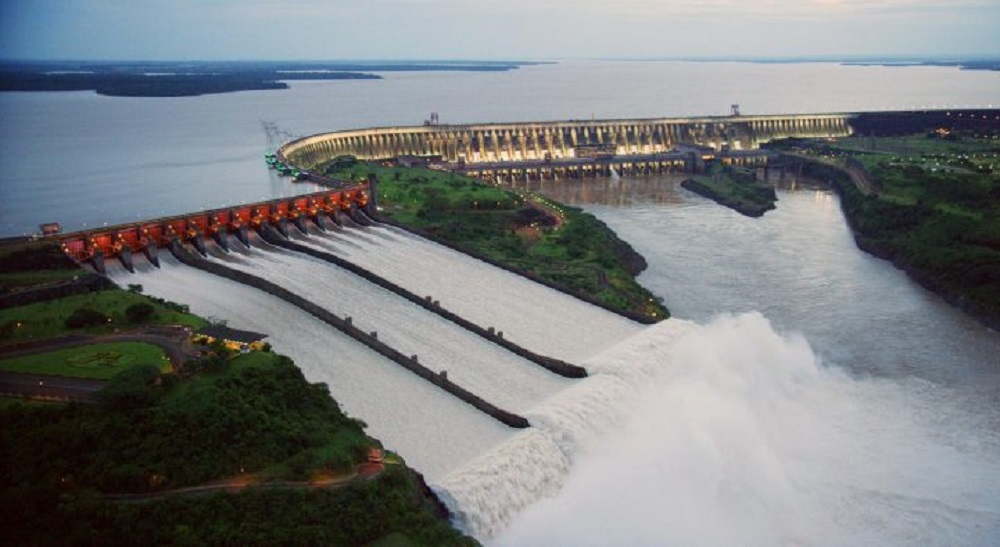RIO DE JANEIRO, BRAZIL – The researchers involved in the report reviewed some 350 hydropower projects proposed for the Amazon basin. However, in order to implement them, hydrological capacity must exist.
The study indicates that by mid-century, the region will undergo changes that will decrease its capacity to generate hydroelectric power.

Ecologist Stephen Hamilton, of the Cary Institute of Ecosystem Studies and co-author of the report, explains that hydroelectric projects for the Amazon basin are based on historical river levels. “Climate change is disrupting these patterns, which means that existing and proposed projects are unlikely to be as effective under future conditions,” Hamilton adds.
The team used several climate scenarios presented by the 6th Report of the Intergovernmental Panel on Climate Change (IPCC) to perform continental-scale modeling of rainfall and river flow. In addition, they estimated how the changes would impact energy costs by comparing solar and wind power in the Amazon region.
According to projections, by mid-century, river flows at the proposed dam sites are projected to decrease by 13% to 20%. In the Brazilian section of the Amazon, flows have dropped by 18% to 23%, while in the Andean countries, where rainfall is expected to increase, flows could rise by 1.5% to 2.5%. These changes will also impact the cost of Brazilian energy – it could increase by between 52% and 105%.
In contrast, solar and wind power should become increasingly competitive, in economic terms, ensuring greater security and lower environmental costs than hydroelectric production. “Hydropower needs to be designed to operate in combination with alternative energy sources,” Hamilton explains. “New hydropower facilities need to be designed according to projections and not based on historical river volumes.”
The researchers emphasize that Brazilian energy planners need to focus on climate resilience measures. This year, Brazil is experiencing its worst water crisis in 91 years due to an extensive drought in the country’s main reservoirs. This has impacted the cost of energy for Brazilians, since thermal plants are being used, which are not only more expensive but also more detrimental to the environment.

